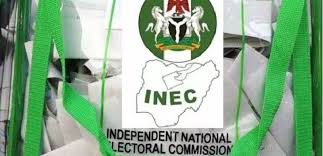The Independent National Electoral Commission (INEC) has unveiled a series of reforms aimed at improving Nigeria’s electoral system, drawing from lessons learned during the 2023 general election and subsequent off-cycle polls. The proposals, which include legislative changes and administrative actions, will be presented to relevant committees in the Senate and House of Representatives.
At a meeting with Resident Electoral Commissioners (RECs) in Abuja on Thursday, INEC Chairman, Prof. Mahmood Yakubu, emphasized the need for modernization and efficiency in election management. He shared that after reviewing the 2023 election, the Commission identified 142 recommendations in key areas such as voter management, electoral operations, political party regulation, and election security.
“86 recommendations require action by the Commission, 48 need collaboration with external stakeholders, and 8 require legislative amendments by the National Assembly,” Yakubu explained. Among the major proposed reforms is the introduction of legal clarity regarding result transmission, including the balance between manual and electronic methods.
Yakubu also discussed changes to voter accreditation, proposing that Permanent Voter Cards (PVCs) be replaced with computer-generated slips or downloadable credentials. This would streamline the process, reduce costs, and eliminate voter card-buying schemes.
Other key reforms include the introduction of early and diaspora voting, the establishment of an electoral offences tribunal, and a new agency for political party regulation. INEC is also advocating for collaboration with the National Identity Management Commission to clean up the voters’ register and strengthen voter education to combat misinformation.
The comprehensive recommendations will soon be available in both hard and soft copies to the public, and Yakubu urged RECs to engage with the report and contribute to building a more inclusive and efficient electoral system.

